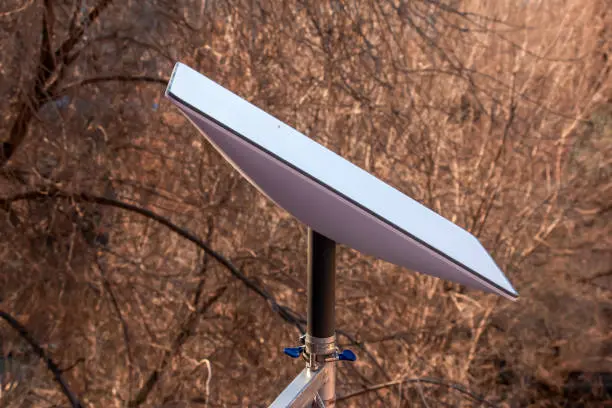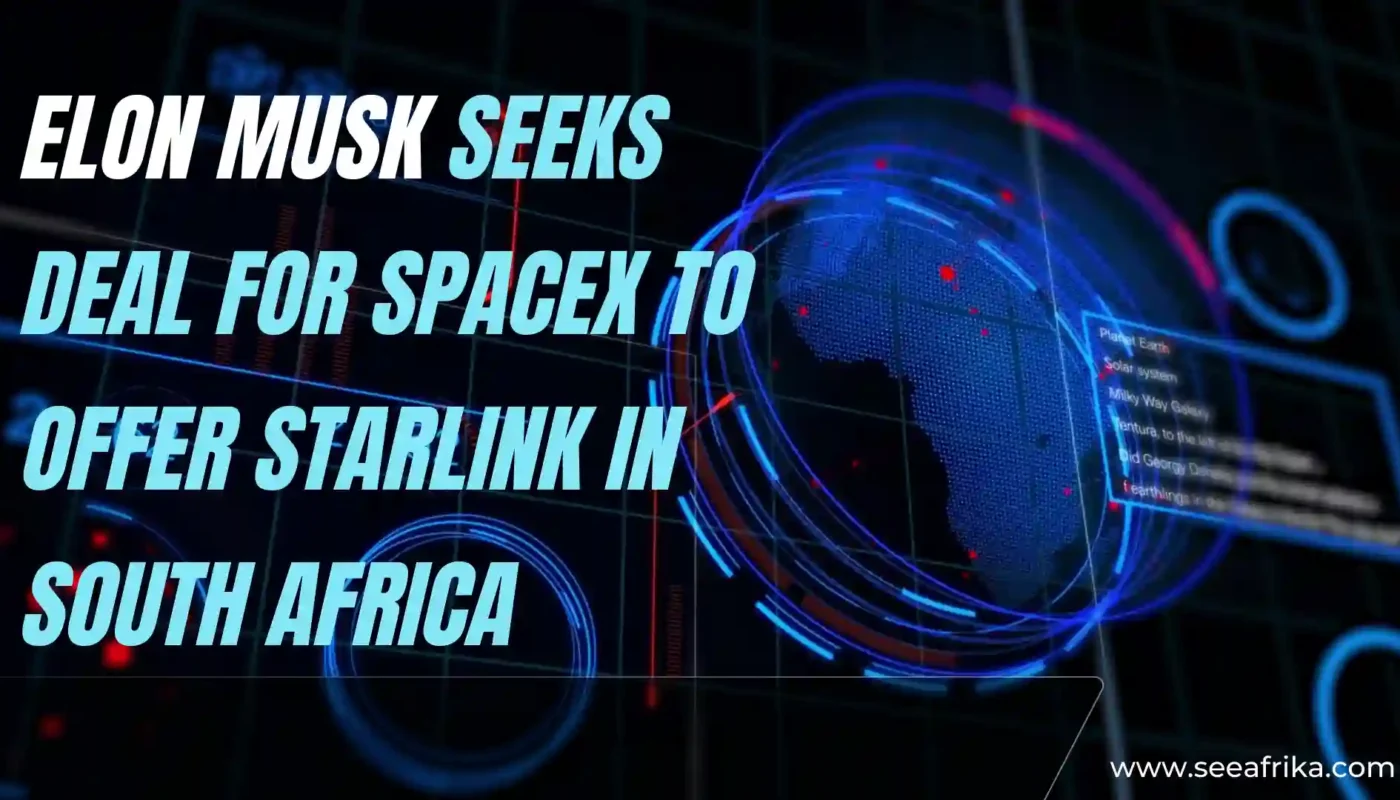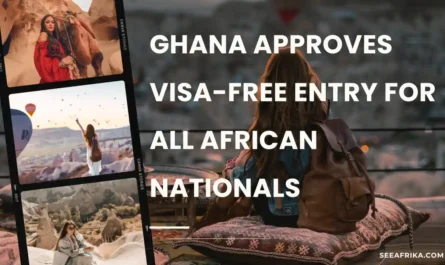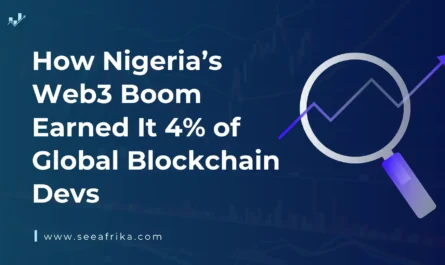Elon Musk is reportedly pursuing a significant deal with South Africa. He aims for SpaceX to offer Starlink service in exchange for establishing a Tesla battery plant in the country. This potential agreement could reshape the tech landscape in South Africa.
South Africa is not the first nation to approach Musk about a partnership that would combine increased access to Starlink with the manufacturing of Tesla batteries. A long-standing goal for former Indonesian President Joko Widodo, Musk was invited to construct an electric vehicle battery facility for Tesla, which uses Starlink to deliver internet connectivity to remote areas of Bali. However, because Indonesia was too far from Tesla’s manufacturing facilities, Elon finally turned down the government’s offer.

SpaceX To Offer Starlink Service: A Win-Win?
Musk’s plan involves leveraging SpaceX’s capabilities to provide high-speed internet through Starlink, which would benefit many South Africans. Currently, Starlink has faced regulatory hurdles that have delayed its launch in the country. Despite these challenges, Musk remains optimistic about the negotiations.
Regulatory Challenges for Starlink
As of now, Starlink has not received the necessary licenses to operate legally in South Africa. The Independent Communications Authority of South Africa (ICASA) has yet to approve any application from Starlink, which has hindered its rollout plans since 2022. Musk’s discussions with President Cyril Ramaphosa focus on changing regulations to facilitate Starlink’s entry into the market.
Economic Implications of the Deal
If successful, allowing SpaceX to offer Starlink service could significantly enhance internet access, especially in rural areas where connectivity is often poor. This move could also stimulate local economies by creating jobs associated with the Tesla battery plant.
Future Outlook
Musk’s engagement with South African officials signifies a potential shift in how Starlink might operate in the region. The discussions highlight a growing recognition of the importance of high-speed internet access as a critical infrastructure component. As negotiations continue, many are watching closely to see Musk’s effort for SpaceX to offer Starlink service and fulfill its promise to enhance connectivity across South Africa.
Broadband provider Starlink frequently faces stringent laws from nations all around the world designed to safeguard regional ISPs. Nevertheless, the service has been adopted by certain nations as a way to expand internet access. Nigeria, Ghana, and Botswana are among the African countries where Starlink is accessible. According to an X post by Musk in November, Starlink suspended new sign-ups for its services in Africa, citing a spike in demand.
However, Starlink has encountered significant challenges in various African countries as it seeks to expand its operations. Here are the key obstacles:
Regulatory Hurdles
1. Licensing Issues: Starlink has faced difficulties obtaining the necessary licenses to operate in several countries. For instance, Namibia recently issued a cease-and-desist order against Starlink for operating without a license, a situation mirrored in Botswana, Zimbabwe, and Cameroon.
2. Government Resistance: Many African governments are wary of Starlink’s presence due to concerns about national security and fair competition. In Cameroon, the government cited these issues when it ordered Starlink to disconnect its service. Similar regulatory blocks have occurred in Côte d’Ivoire, Burkina Faso, DR Congo, South Africa, and Senegal.
3. Compliance with Local Laws: In South Africa, Starlink has struggled to meet licensing requirements that mandate a certain percentage of ownership by historically disadvantaged groups. This has led to bans on its services until compliance is achieved.
Competition from State Monopolies
Starlink’s entry into the market has disrupted traditional telecommunications providers. However, state-owned telecom companies often resist new competitors like Starlink. In Cameroon, local industry experts argue that the government’s actions are aimed at protecting the state telecom monopoly from competition.
Operational Challenges
1. Infrastructure Limitations: Starlink’s model relies on satellites without any physical infrastructure or local presence in many countries. This lack of local accountability raises concerns among regulators about content control and taxation.
2. Service Disruptions: Due to regulatory issues and operational challenges, Starlink has had to halt new sign-ups in some areas where it has launched services. This has created uncertainty about its future in the continent.
Conclusion
Elon Musk’s target for SpaceX to offer Starlink service in exchange for a Tesla battery plant represents a bold strategy. This initiative not only aims to improve internet access but also seeks to foster economic growth in his home country. The outcome of these discussions could set a precedent for future tech investments in Africa.
Despite its potential to provide high-speed internet access in underserved regions, Starlink’s expansion in Africa is fraught with regulatory challenges and resistance from established telecom operators. The company’s ability to navigate these hurdles will be crucial for its success on the continent.





3 thoughts on “Elon Musk seeks deal for SpaceX to offer Starlink in South Africa.”